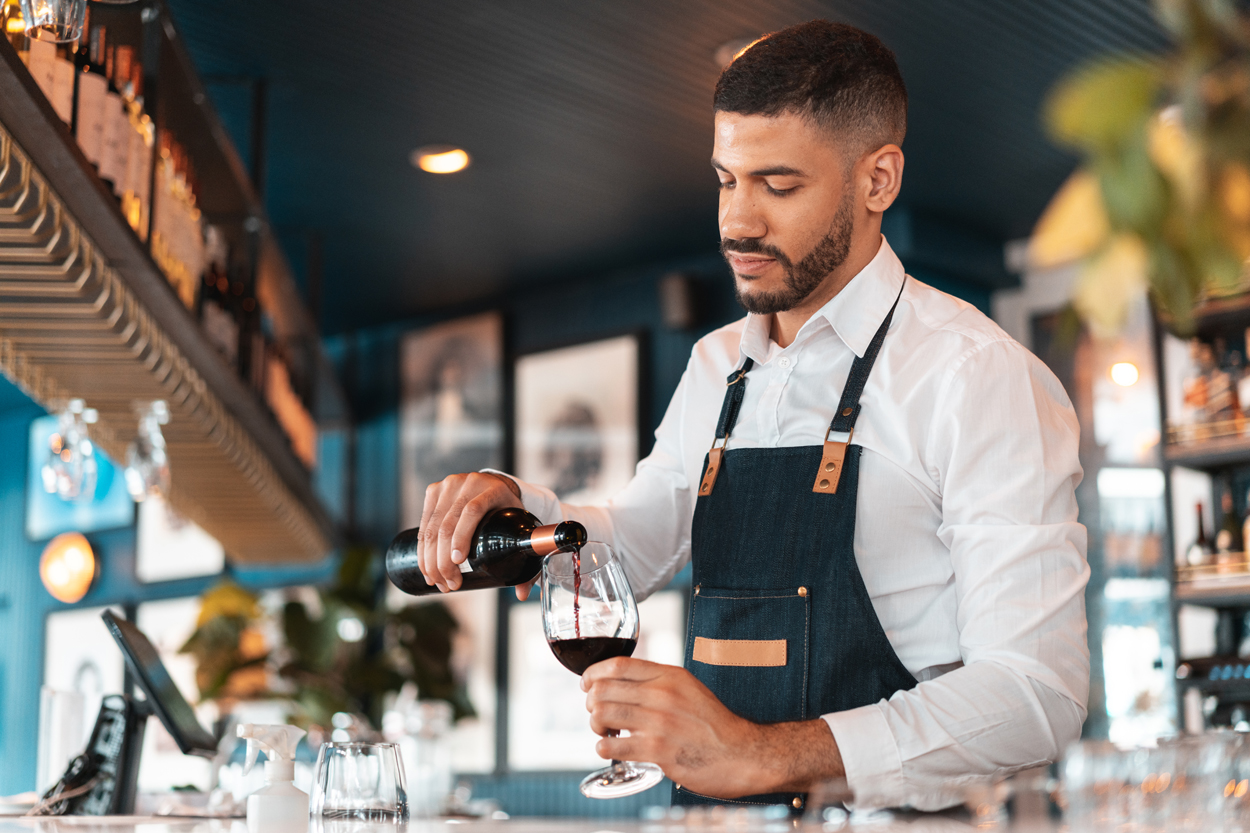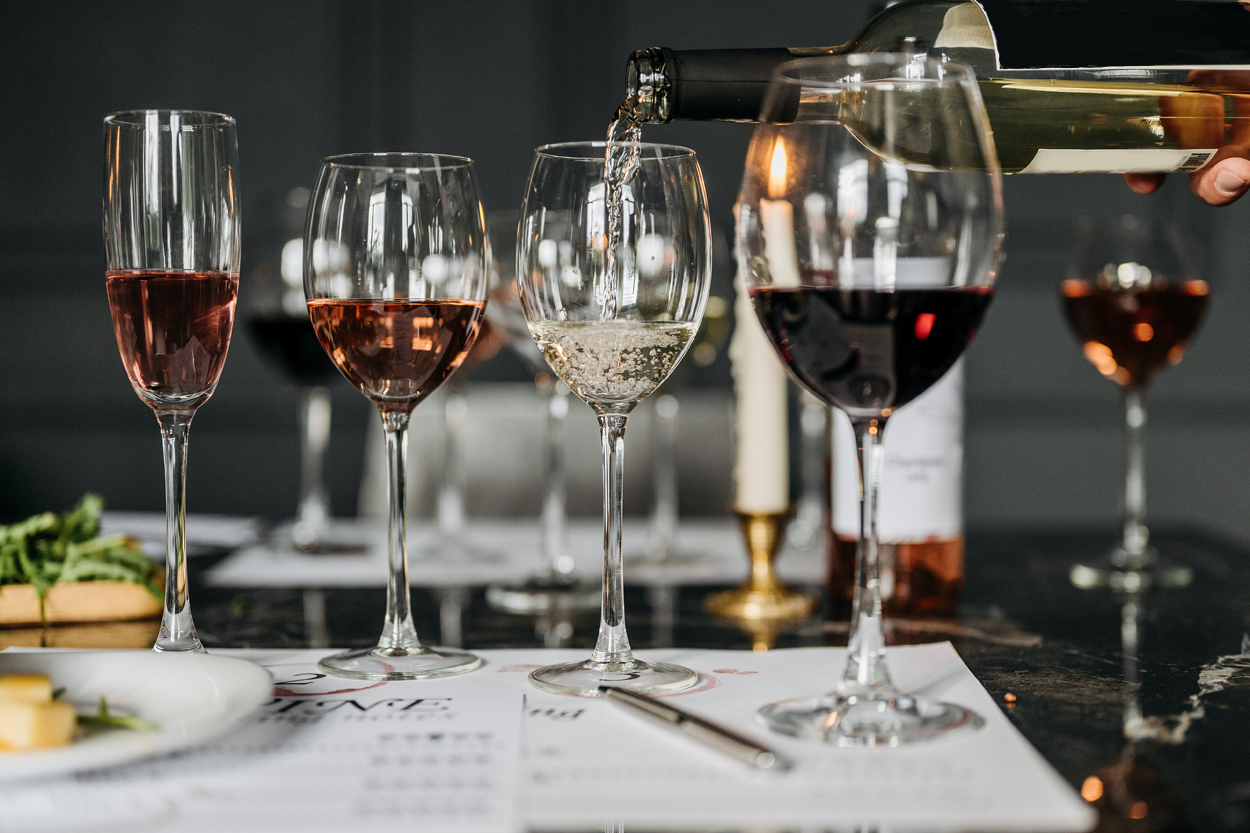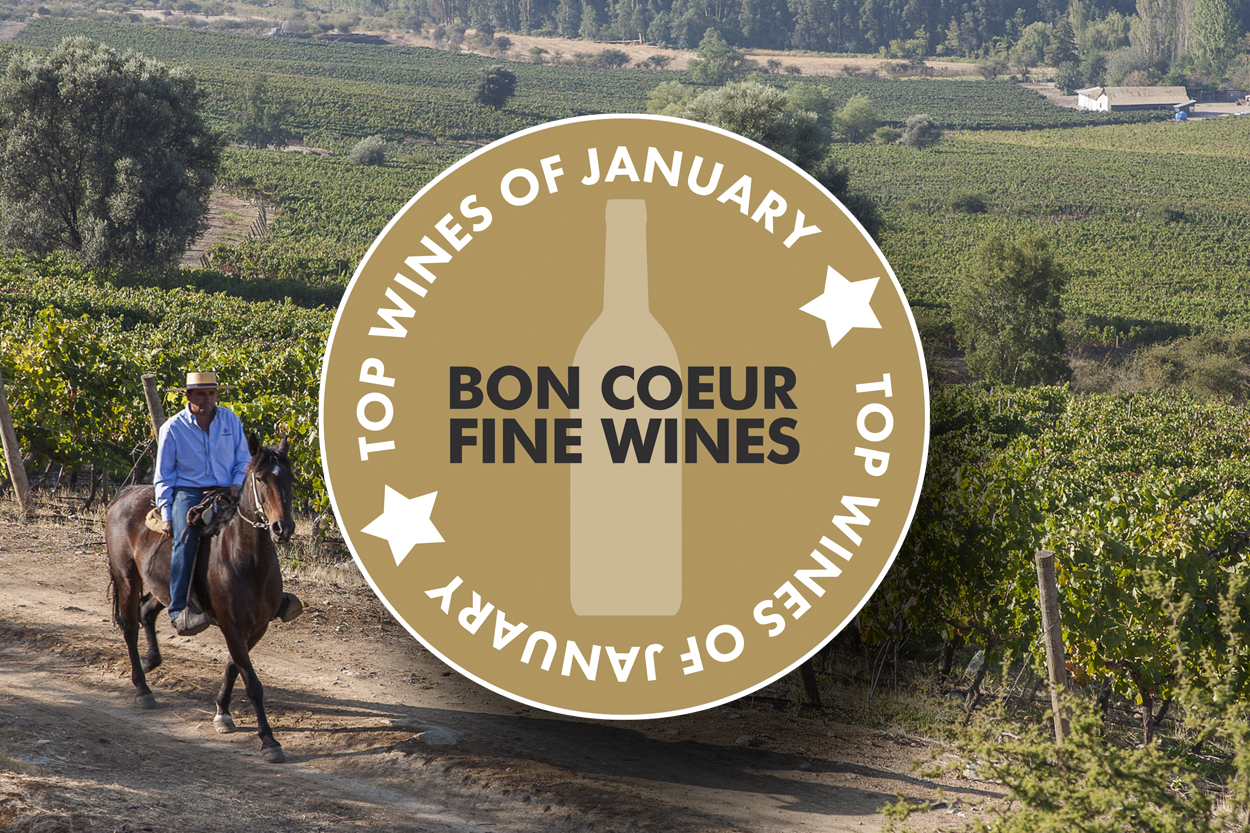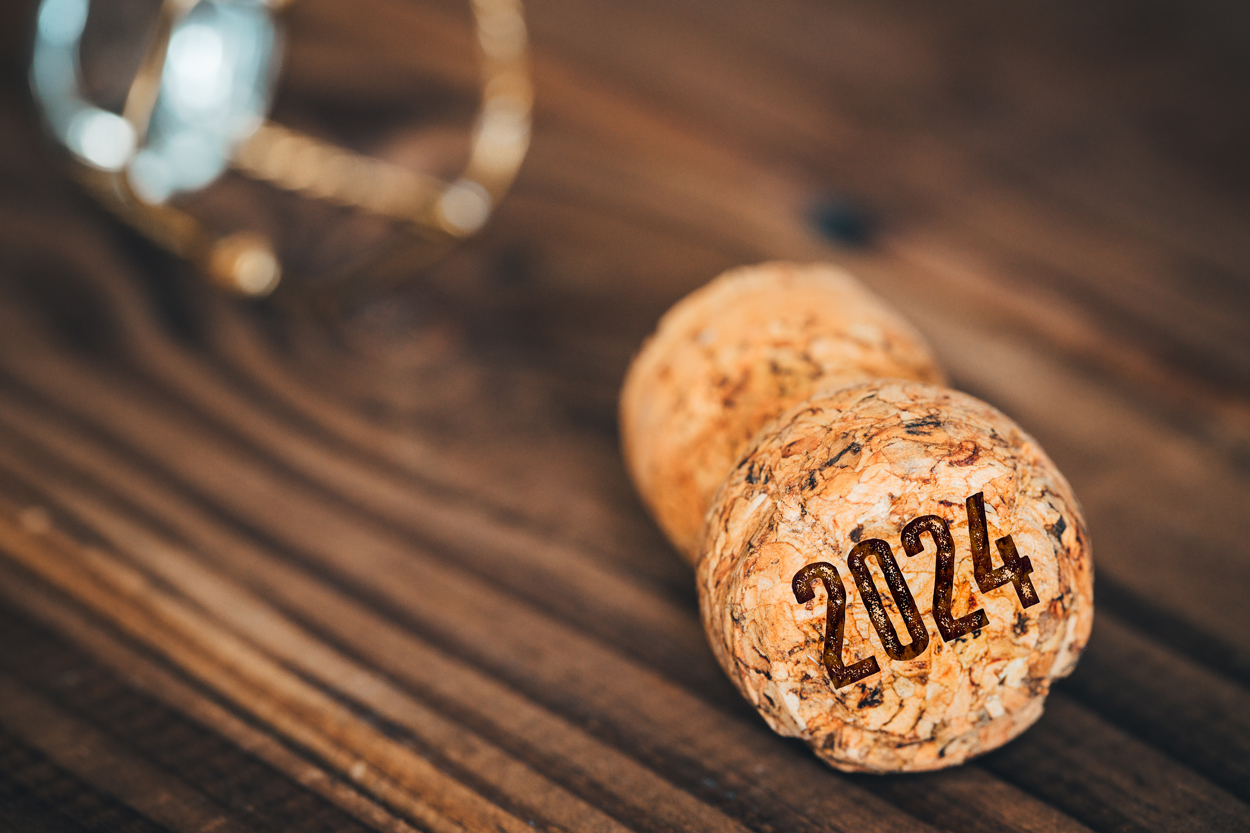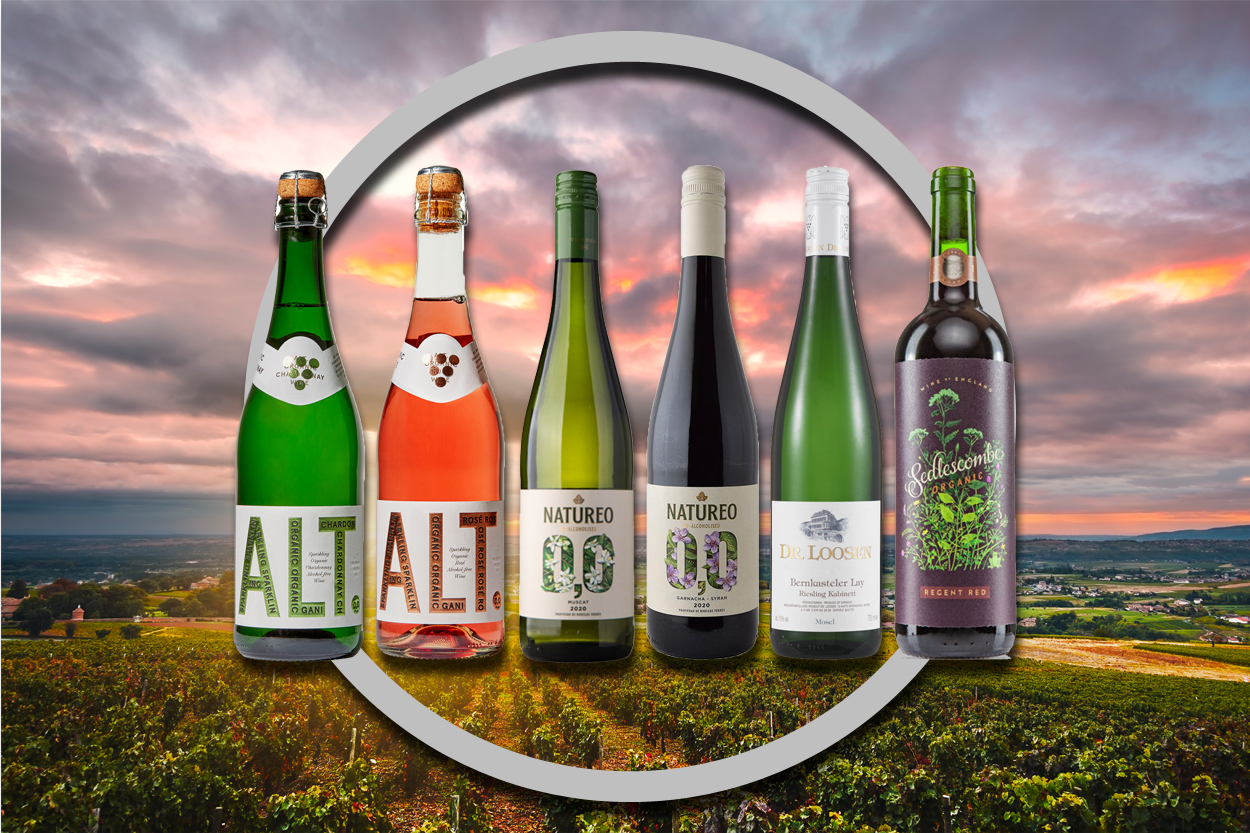As 2023 draws to a close, we look towards the New Year and what existing trends will continue to soar and what we predict will be the exciting new developments in Hospitality for 2024. The continued growth of Portuguese wines, drinking rose wine all year round, and the chilled red wine movement are all set to continue, but what’s new for 2024? Here are our top 6 predictions for the New Year...
Sustainability
Wine consumers are becoming ever conscious of Sustainability and how they can contribute towards a sustainable future. They would like to know whether pesticides have been used in the vineyard, if water is being uses efficiently, whether the packaging is recyclable and whether the producer looks after their workers and what they contribute towards their local communities. It is more important than ever to champion sustainable producers and to highlight them on your wine list.
Customers Seeking Value
The post-covid premiumisation trend has started to slow down as cost-of-living pressures take their toll on consumers. People are going out less frequently, however, when they do go out, they are looking for a special and memorable experience. When it comes to wine, they want a good quality wine that over delivers for the price point, as customers are becoming more discerning. This is where lesser-known regions and native grapes can be extremely satisfying as they take the customer on a journey of discovery whilst offering good value.

Regional Italy
Italy has always been a most fascinating wine producing country, with the sheer number of native grapes and diversity of geographical locations. Now we have more choice available than ever before. My top picks for red grape varieties, worth seeking out are Frappato from Sicily, Refosco from Friuli and Albarossa from Piedmonte. For white varieties, try Ribolla Gialla from Venezia Giulia, Pecorino from Abruzzo and Vermentino from Tuscany. Viva Italia!
Wine Training
This is going to be essential in helping venues engage, empower and retain staff and give them career progression in a challenging market. It ensures that teams feel valued and invested in and enables them to sell more profitable wines with knowledge and confidence. Our aim is to inspire, support and develop staff from the hospitality sector on their wine journeys and give them a platform to build a career in the wine trade. In order to deliver meaningful wine education, we take a multi-layered approach through bespoke hospitality training, WSET and Wine Academy. Each step of our training programme encourages the individuals to build on their understanding and expand their wine knowledge. A win win for both staff and your business.
Home Grown Wines
Wine grape cultivation in the UK goes back to Roman times, but the cold, wet climate has always been a major hurdle to producing wines of significant quality. The English wine industry has undergone a sizeable revolution in the last forty years however, and England can now proudly claim to be a global contender, particularly when it comes to sparkling wine. Pinot Noir and Chardonnay are used to create bottle-fermented sparkling wines, made in the same way as those from Champagne. Good quality red, white and rose still wines are also emerging.
The best vineyards in England are in the southern counties, including Kent, Sussex, Surrey, Hampshire, Dorset and Cornwall. The chalky, limestone-rich soils and the warming effect of the Gulf Stream help ripen the grapes and develop natural sugars and acidity. The recent succession of hot summers in Southern England has produced some stellar vintages, which have seen English wines beat many established countries in international competitions. The future is certainly rosy for the English wine revolution.
 Nyetimber Vineyards
Nyetimber Vineyards
Grower Champagne
The grower Champagne category is not a new category in the Champagne market, however, it has entered into the wider public consciousness and gained momentum in recent years. This is set to continue in 2024, as consumers become aware of the importance of provenance and where their food and drinks are produced. There are 19,000 growers in the Champagne region and most sell their grapes to the Grand Marque Champagne houses or cooperatives, many have long term contracts with them. However, some growers have decided to make their own Champagne, under their own name from their own crop to reflect the terroir from which the grapes have been grown. There has been a return to organic farming methods, use of indigenous wild yeasts and minimal intervention. The focus has been on capturing the taste of the place rather than the brand.

